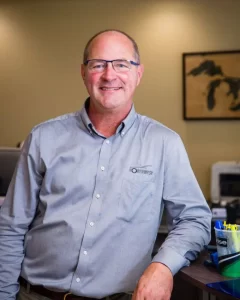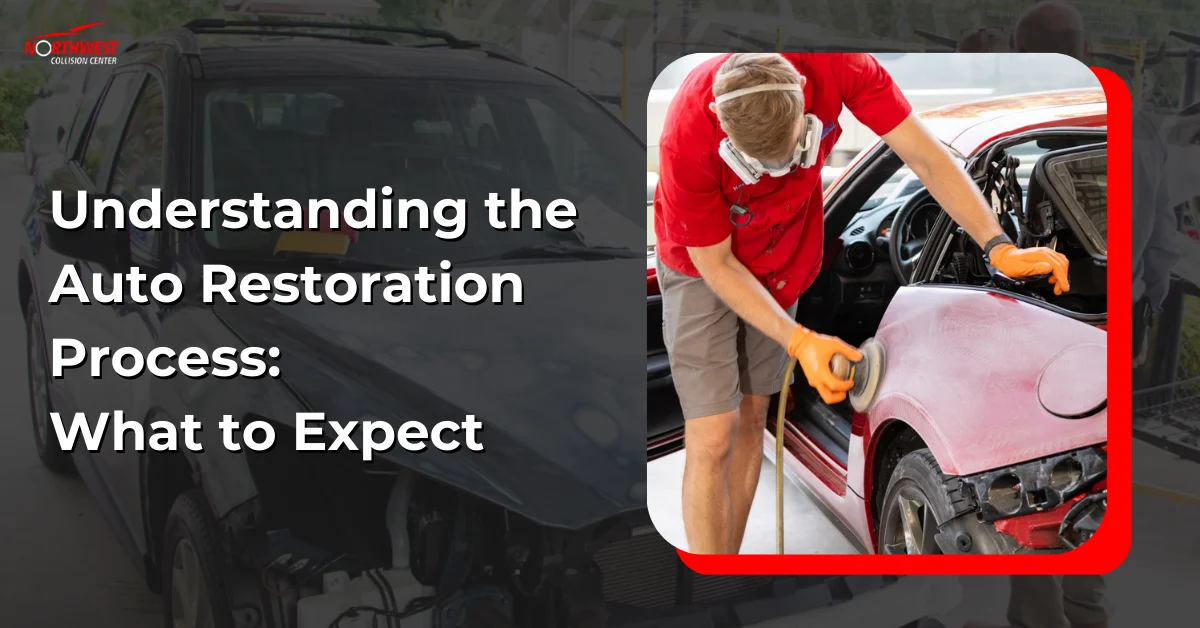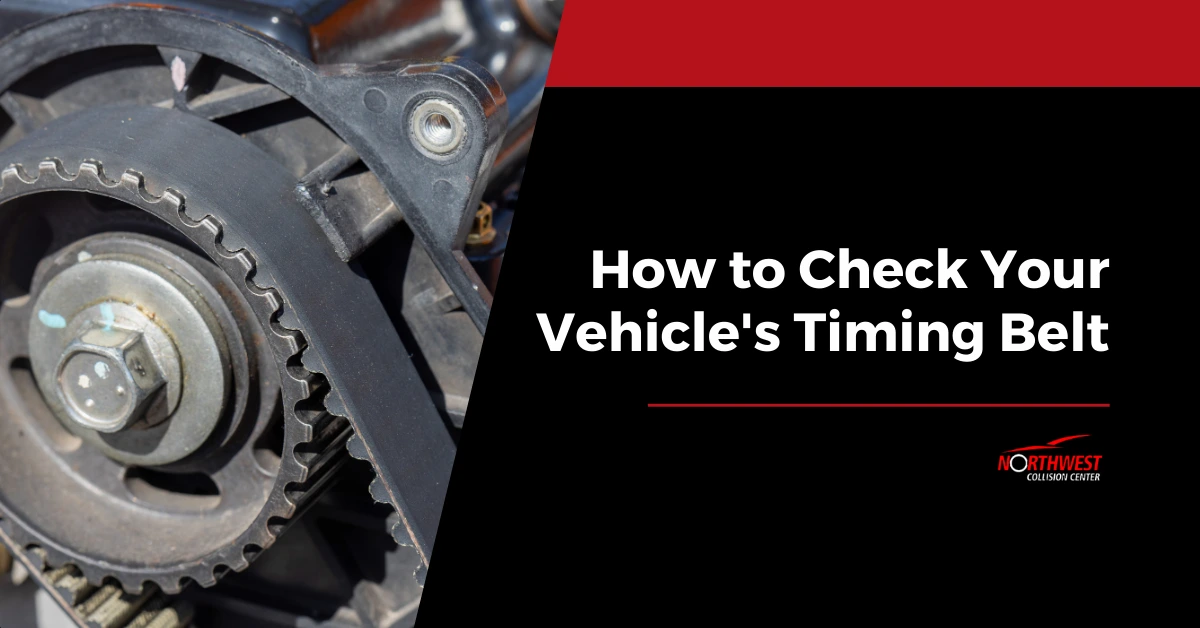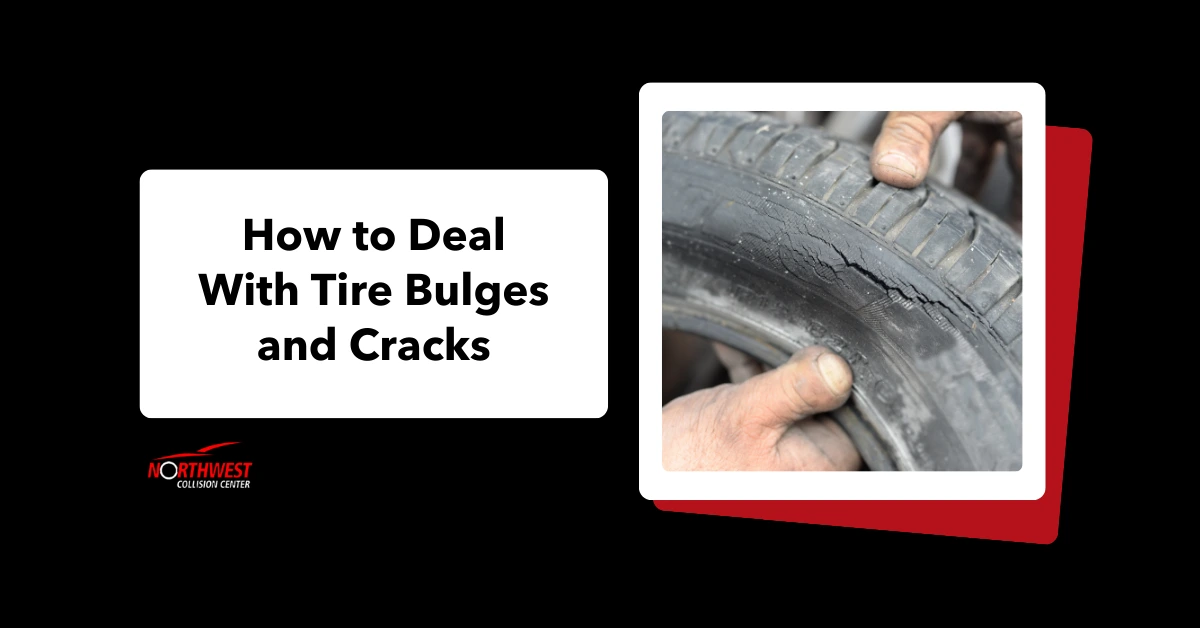Owning a Tesla your commitment to innovation and to and a driving experience unlike any other. But just like any car, Teslas are susceptible to wear and tear, or unfortunate accidents. When that happens, you naturally want to get your Tesla back to its peak condition. However, the question of cost often arises.
While traditional car repairs can be expensive, Tesla repairs might seem even steeper. This can lead many Tesla owners to wonder – is the high cost justified? It depends on various factors.
Beyond the Sticker Shock: Why Tesla Repairs Carry a Premium
Several key elements contribute to the higher cost of Tesla repairs compared to traditional vehicles. Here’s a closer look:
- Advanced Materials: Teslas are renowned for their lightweight construction, utilizing aluminum extensively for its strength and weight-saving properties. While offering performance advantages, these specialized materials can be more expensive than the steel used in conventional cars. Additionally, specific body panels and components might be unique to Tesla models, further influencing part prices.
- Tech-Savvy Technicians: The heart of a Tesla lies in its sophisticated electric architecture and high-voltage systems. Repairing these systems requires technicians with specialized training directly from Tesla. These technicians possess the in-depth knowledge and experience to handle complex electrical components, ensuring the safety and functionality of your Tesla post-repair.
- Calibrating Technology: Tesla’s advanced driver-assistance systems (ADAS) like Autopilot rely on a network of cameras, sensors, and radars. Any repairs involving these systems necessitate not only replacing parts but also meticulous recalibration using specialized tools and software. This additional step ensures the ADAS features function flawlessly, maintaining the safety and integrity of your Tesla’s driving experience.
- Safety Regulations: The auto body repair industry adheres to strict safety standards, especially for vehicles with advanced technology like Teslas. These regulations dictate specific repair procedures and the use of specialized tools to guarantee the car meets all safety requirements after repairs. While these regulations ensure your safety on the road, they can also contribute to the overall repair cost.
- Eco-Friendly Practices: Modern body shops prioritize environmentally responsible practices. This might involve using specialized equipment for paint jobs and adhering to regulations for handling hazardous materials. While these practices benefit the environment, they can add some cost to the repair process.
Investing in Your Tesla’s Future
Understanding the reasons behind the cost of Tesla repairs empowers you to make informed decisions. While the initial price tag might seem high, it’s crucial to remember that you’re investing in your Tesla. Choosing a reputable and certified Tesla body shop offers several advantages:
- Peace of Mind: Entrusting your Tesla to a shop with Tesla authorized body shop certification guarantees technicians possess the specific training and knowledge required for proper repairs. This ensures your Tesla is in the hands of experts who understand its unique complexities.
- Genuine Parts: Using genuine Tesla parts is paramount for maintaining optimal performance and safety features. Certified shops have direct access to genuine parts. This translates to a longer lifespan for your repairs and optimal driving experience.
- Warranty Protection: Tesla warranties can be quite comprehensive. However, using non-genuine parts or improper repair procedures can void your warranty. Certified shops understand these nuances and perform repairs that meticulously adhere to Tesla’s warranty guidelines, protecting your investment.
Northwest Collision Center – Best Tesla Body Shop Partner
At Northwest Collision Center, we understand the importance of your Tesla. As a Tesla authorized body shop we provide the highest quality repairs for your electric vehicle.
Our team of ASE-certified technicians boasts extensive training and experience working on Teslas. We utilize state-of-the-art equipment and genuine Tesla parts to ensure your car is restored to its pre-accident condition, both aesthetically and functionally. We prioritize transparency throughout the repair process, keeping you informed every step of the way.
More Than Just Repairs: The Northwest Collision Center Difference
We offer a comprehensive suite of services designed to make your experience as smooth and stress-free as possible. Here are some benefits:
- Free Estimates: We offer free estimates for all your Tesla repair needs, allowing you to make informed decisions with full transparency.
- Convenient Online Scheduling: Schedule your appointment online at your convenience, saving you valuable time.
- Loaner Vehicles Available: We understand the importance of staying mobile. While your Tesla is being repaired, we can provide a loaner.
The Bottom Line
The initial shock of a hefty auto body repair bill can be surprising. But several factors contribute to the overall cost of car body work. Modern vehicles, particularly complex models like Teslas, often require specialized parts and tech-savvy technicians trained on advanced systems. Additionally, safety regulations and eco-friendly practices add to the expense. While the auto body cost might seem high upfront, it’s an investment in the continued performance, safety, and longevity of your car. Choosing a reputable body shop ensures qualified technicians use the right parts and procedures to get your car back on the road safely.
Let Northwest Collision Center Handle Your Tesla Concerns
Don’t get overwhelmed in your search for an auto body shop in St. Petersburg, FL, for your Tesla. Don’t let the cost of car body work deter you from getting the repairs your car needs.
Here at Northwest Collision Center, a trusted auto body shop in St. Petersburg, FL, we understand the importance of transparency and affordability. We offer free estimates upfront, utilize genuine parts for lasting repairs, and prioritize customer satisfaction. Contact Northwest Collision Center today! Let our team of experts get your car back to looking and performing its best, safely and efficiently.











